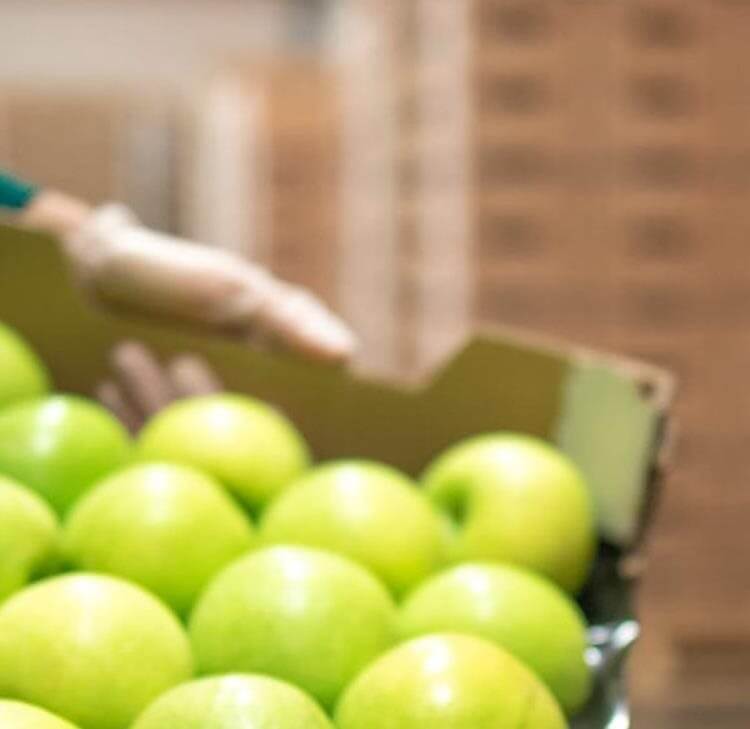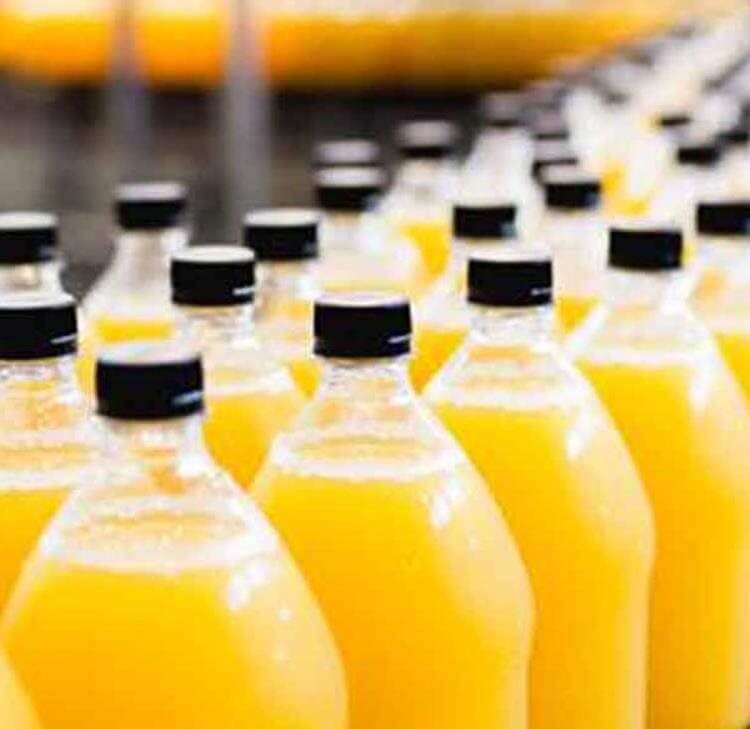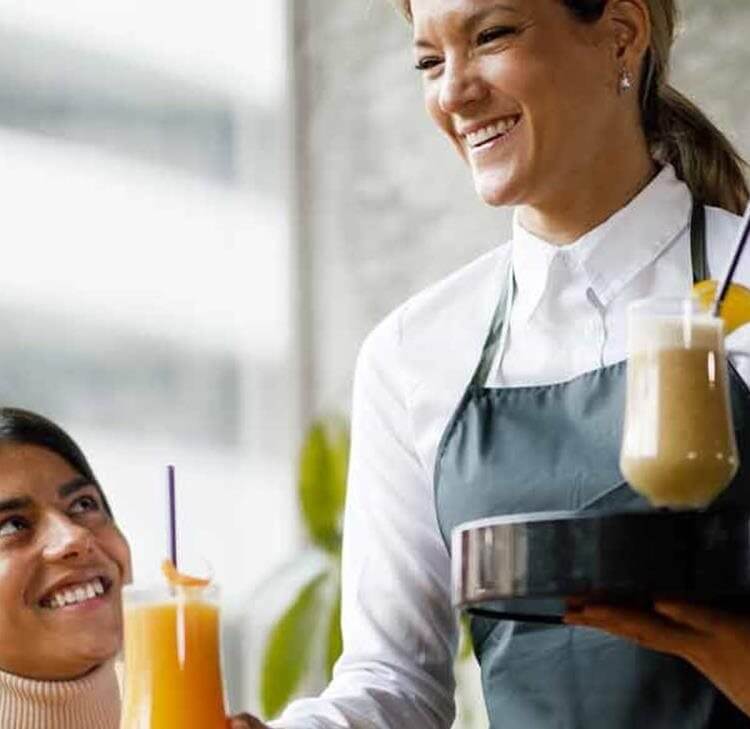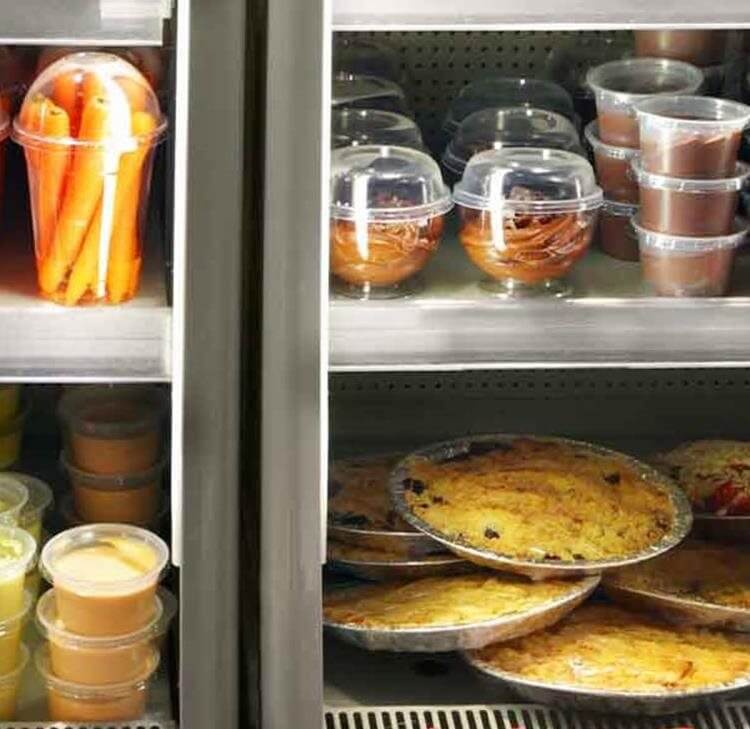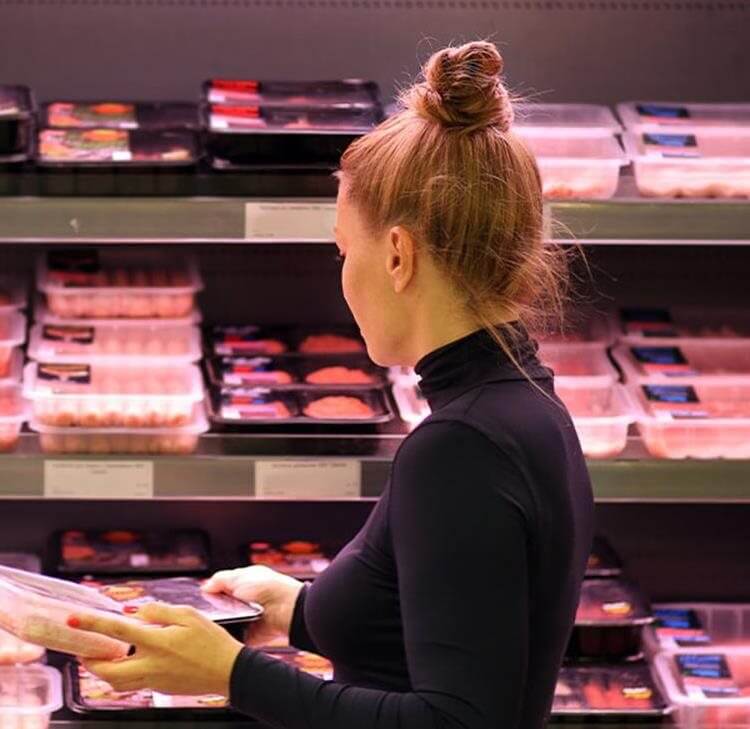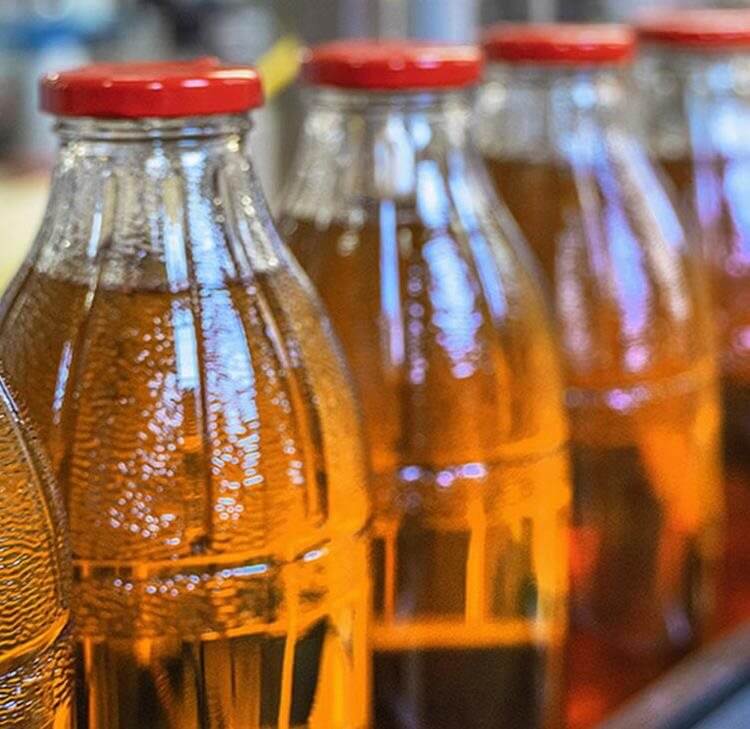This article aims to highlight positive adaptations within the hospitality industry during Dry January.
As the calendar flips to January 2025, an ever-growing movement takes hold across the UK: Dry January. This annual challenge encourages people to abstain from alcohol for the first month of the year for various reasons, such as promoting health and wellness after the festive indulgence.
However, beyond the personal health benefits that could come with abstaining from alcohol, Dry January could affect the hospitality industry, particularly bars and public houses.
An economic stir
The hospitality industry is still the 3rd biggest employer in the UK. The sector provides countless economic benefits, contributing £140 billion in economic activity and providing £54 billion in tax receipts to the Exchequer (with pubs and breweries contributing £18 billion in taxes to the UK economy). The industry is a key driver of growth and although the sector was hit hard by pandemic restrictions, it appears to have bounced back, with demand for commercial rentals in the space (23%) the second highest of all sectors in the UK.
Alcohol sales are a substantial revenue stream for these restaurants, bars and pubs, so Dry January might at first seem like a dry spell for the hospitality sector, perhaps meaning a temporary dip in profits. But in addition to the short-lived effects of Dry January, the hospitality sector is still recovering from effects of COVID-19. The pandemic profoundly impacted not only the profitability of this sector, but in many cases, due to the unprecedented challenges of lockdowns and social distancing measures, the viability of many businesses altogether. The pandemic undoubtedly forced a re-evaluation of traditional business models and may well have accelerated innovation in response to changing consumer behaviours. This innovation, where possible for the businesses, arguably laid the groundwork for a more adaptable approach, invaluable during Dry January and beyond.
From a legislative point of view, there are currently some measures in place aimed at assisting the retail and hospitality sector, for example:
- Business rates – Retail properties currently benefiting from a 75% discount capped at £110,000 per business (since 2020). This is due to expire in April 2025. There will be a move from a 75% discount to a 40% discount, which means that many businesses will see their business rates nearly double since their pandemic rates. However, in her Autumn Budget, Rachel Reeves announced Labour’s intention to introduce permanently lower business rates for retail, hospitality and leisure properties from 2026-27.
- Alcohol duty – there will be a small cut in alcohol duty for qualifying draught products (i.e. alcoholic drinks of less than 8.5% alcohol by volume, packaged in containers of 20 litres or more, designed to connect to a pressurised gas delivery system or a pump delivery system for dispensing drinks). This should amount to a 1p reduction in duty for the average pint of beer, as well as an increase to small producer relief. For alcohol products other than qualifying draught products, duty will increase in line with RPI.
A debate on support for pubs and the hospitality sector took place in Westminster Hall on Tuesday 22nd October, so perhaps more measures are on their way.
Innovative libations and experience
In addition to any government assistance, the industry has a response of its own. Establishments are diversifying their offerings, introducing enticing non-alcoholic options, and reimagining the pub experience to maintain footfall. Pubs, bars and hospitality venues seem to be successfully embracing changes in attitudes, drawing in the next generation by advertising their non-alcoholic drinks. In most bars you’ll undoubtedly see a range mocktails, premium soft drinks, and alcohol-free beers and wines. Moreover, pubs and bars are hosting events that transcend the traditional pint — think wellness workshops, live entertainment, and culinary experiences. These initiatives not only cater to those participating in Dry January but also appeal to a broader audience seeking variety and inclusivity.
Beyond January: A shift in consumer behaviour
Dry January may well be a microcosm of a larger shift towards health-conscious consumption and consumer habits – today's patrons clearly value choice, quality, and experiences that align with their lifestyle. By embracing this shift, restaurants, bars and pubs will thrive year-round, attracting a diverse clientele and fostering a culture of inclusivity, allowing the sector to continue to be a key player in the UK real estate market.
Contents
- Dry January 2025: Legal considerations for manufacturers, hospitality and retailers
- Sobering thoughts: A look at the alcohol-alternative ad rules
- Rising demand for low and no alcohol alternatives: UK’s growing market and the challenges ahead
- Dry January and its regulatory implications: A sobering perspective
- Alcohol charity on the “Naughty List” for attempts to trade mark “DRY JANUARY”
- Considering the growing trends of mindful drinking
- Festive without the spirits: Embracing inclusivity at Christmas and social parties

Sophie Meehan-Green
Senior Associate
Sophie.Meehan-Green@brownejacobson.com
+44 (0)330 045 2421




